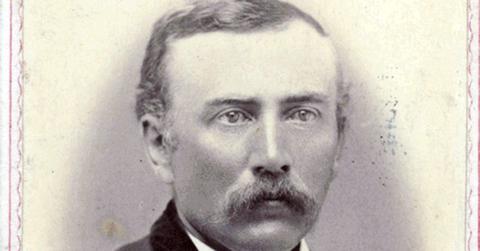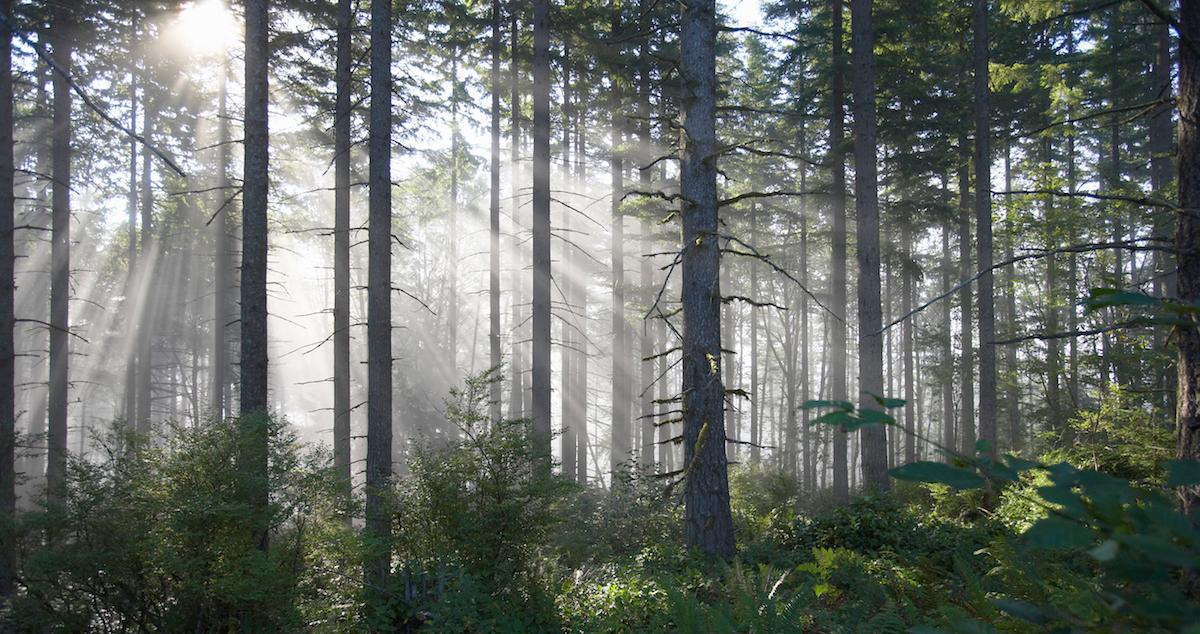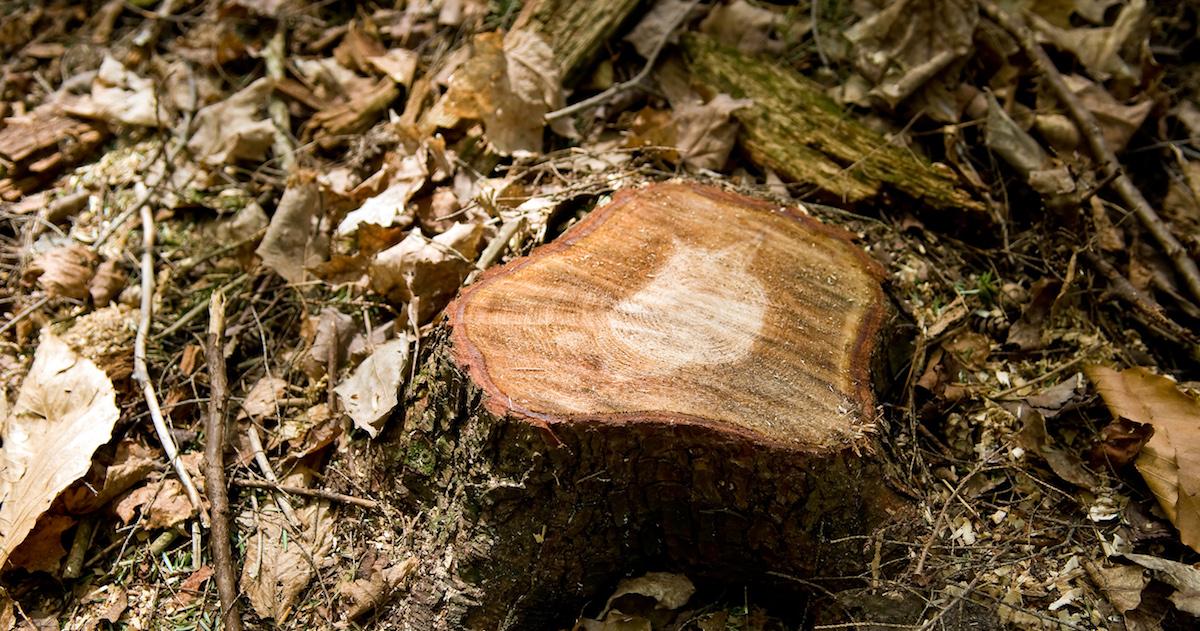Arbor Day Founder J. Sterling Morton's Racist Past Cannot Be Ignored
Updated April 25 2024, 4:14 p.m. ET

J. Sterling Morton, July 24, 1871.
Every year on the last Friday of April, Americans celebrate Arbor Day by planting trees. Created in the 1870s, the national holiday often takes a backseat to the more globally celebrated Earth Day, but that doesn’t make it any less important.
Arbor Day’s founder, J. Sterling Morton, loved trees so much that he wanted to share that enthusiasm with the rest of his country. But that wasn’t the only reason that he believed the U.S. needed an Arbor Day.
Keep reading to learn about Morton and why he founded Arbor Day, as well as his discriminatory beliefs, which the Arbor Day Foundation has denounced.

Who founded Arbor Day?
Arbor Day is the brainchild of J. Sterling Morton, an American journalist, politician, and former U.S. Secretary of Agriculture, appointed by President Grover Cleveland. Morton's unique love of trees bordered almost on obsession. The Nebraska native's idea to plant trees on the last Friday of every April was one of the country’s first eco-conscious holidays, and it came at a time when very few people bothered with the concept of renewable or nonrenewable resources.
According to Britannica, Morton wrote quite passionately about the holiday in its inaugural year, 1872, stating, “Other holidays repose upon the past; Arbor Day proposes for the future.” This is more than just a poetical, throwaway line, even if many people at the time might have taken it as such. In today’s world, where excess CO2 absorption almost depends on the planting of additional trees, Arbor Day might be more significant than ever.
Why did J. Sterling Morton found Arbor Day?
Morton loved trees. He wrote articles about them in his newspaper and sought to enlighten people about their importance in the ecosystem. Nebraska was a state of few trees in those days, according to Britannica, and Morton believed that mass plantings would help the state in several meaningful ways.
The trees would serve as effective windbreaks and provide shade for Nebraskan crops. Trees would help against soil erosion and when they grew to full size, they would also provide fuel and building materials. It wasn’t until Morton became secretary of the Nebraska Territory, that he was able to put his arbor initiatives into action. He met with the State Board of Agriculture, brought forth his points, and the rest, as they say, is history.
Was J. Sterling Morton a racist?
Morton was a supporter of slavery, a viewpoint he held steadfastly during his life. Per History Nebraska, Morton stated that he believed Black people were inferior to white people, and he even publicly opposed the 1863 Emancipation Proclamation.
In the late 1800s, holding such beliefs was not uncommon for white Americans, and Morton's beliefs were likely a product of the system at that time period. But still, that does not excuse Morton's behavior, especially taking into account his power as a politician, which may have given these beliefs a greater platform.
The Arbor Day Foundation, which was founded in 1972 in Nebraska, did not advertise the holiday's founder's past for a long time. But in 2020, as the U.S. publicly confronted its racist systems more than ever, the Arbor Day Foundation finally stated that it "condemns those beliefs" of Morton's.
"We regret not condemning Morton's racist views earlier and we commit to addressing this issue with transparency moving forward," the statement read. "By shedding light on and learning from past mistakes, we aim to build a legacy that is proactively reflective of our values and inclusive of all those who have contributed to the tree planting movement."
With that in mind, here's a look into how Arbor Day celebrations have evolved over the past 150+ years.
How was Arbor Day first celebrated?
The first Arbor Day celebration was held on April 10, 1872. People competed for prizes for things like “most trees planted.” As unusual as it might sound, people really got into the spirit of the holiday. In fact, according to the Arbor Day Foundation, an estimated 1 million trees were planted throughout Nebraska that day.
By 1885, and after several more statewide celebrations, Arbor Day became an official Nebraska state holiday. From there, the celebration spread throughout the U.S. In 1920, 45 U.S. states were observing and actively participating in the holiday. They would all follow suit in time.

How is Arbor Day celebrated today?
According to the official Arbor Day website, Americans generally celebrate Arbor Day by doing the exact thing that Morton intended them to do: plant trees. The holiday is now celebrated in all 50 U.S. states, and its date is significant in that it generally falls during the best planting weather.
Many schools actually plan tree-planting events for Arbor Day each year. Arbor Day remains an important — though often overlooked — holiday. Deforestation and climate change are ever-present threats to our ecosystem, but simply planting — and subsequently maintaining — more trees every year could make a massive difference.
This article, originally published on April 28, 2021, has been updated.